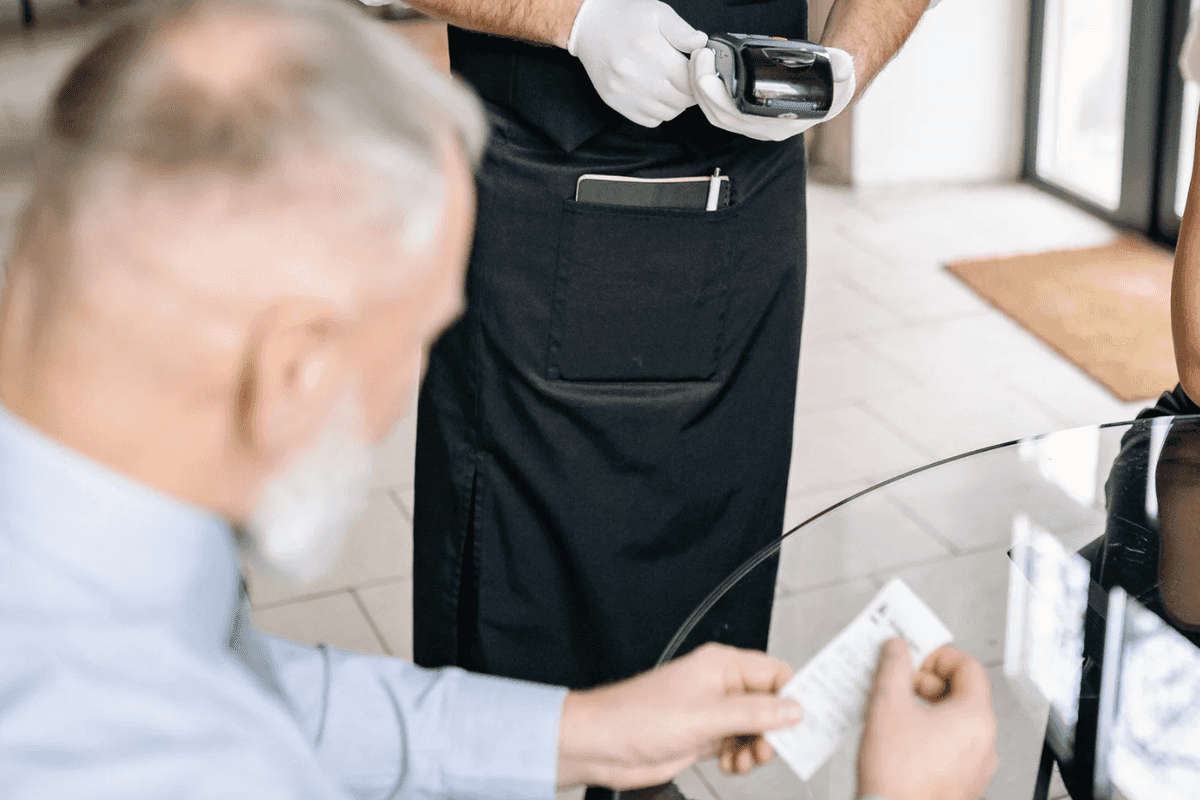Colorado is raking in money from legal weed, and it’s helping the homeless.
Efforts to help the homeless are on the up and up.
If you had high hopes about how Colorado's legal weed situation would pan out, you're probably feeling pretty lit right about now.
Photo by Jose Cabezas/AFP/Getty Images.
I won't get too far into the weeds, but basically, many Coloradans are really enjoying their mile-high lives.
The state made $135 million from marijuana tax revenue last year, making cannabis a smoking-hot Colorado commodity right now.
Photo by Marc Piscotty/Getty Images.
The city of Aurora, Colorado, is using all that extra green to help improve the lives of its homeless citizens.
Of that $135 million figure, Aurora raked in $2.65 million and expects the total to be in the $5.4 million range for 2016, according to The Denver Post.
A significant portion of that revenue will be going toward nonprofits aimed at curbing homelessness.
Photo by Spencer Platt/Getty Images.
Aurora City Council allocated $220,000 for Colfax Community Network — a nonprofit that, among other services, provides homeless families living in area motels with crucial aid, like food, clothing, and hygiene kits.
Two other groups — Comitis Crisis Center and Aurora Mental Health — will get vans to help with their street outreach programs.
As decided last September, significant chunks of the remaining pot revenue for 2016 will bolster efforts from other city charities and help fund a rec center.
"We wanted to be able to show citizens that we are having a positive impact on the community and point to specific projects or initiatives to where that money is going to," Aurora city councilman Bob Roth told The Denver Post last year.
Weed has been a big hit in the Centennial State, and fighting homelessness isn't the first worthy cause to benefit from it.
Last year, legal weed created a nearly $1 billion industry in Colorado, and more than $35 million in sales went into funding school construction projects.
"These are amazing numbers," according to attorney Steve Fox, who helped push for weed legalization in the state. "Especially on the tax revenue side."
Photo by Theo Stroomer/Getty Images.
"The additional tax revenue far exceeds the cost of regulating the system," Mason Tvert, the director of communications for the Marijuana Policy Project, said in a statement in February. "Regulating and taxing marijuana has been incredibly successful in Colorado, and it represents a model for other states to follow."
The perks to legalizing weed, both recreationally and medicinally, are stacking higher and higher.
Some research has suggested relaxing marijuana laws may lower incarceration rates without sacrificing public safety. Medicinal marijuana is backed by a large majority of doctors as a better alternative to alleviate pain for certain chronic conditions.
And, as Colorado and other states have learned, there are plenty of reasons to celebrate a pot industry that ups funding for important causes. It's no wonder Americans are increasingly in favor of legalizing marijuana from sea to shining sea.
Photo by Marc Piscotty/Getty Images.
At the end of the day, the money brought in from legalizing marijuana is money the state, the city, and these programs wouldn't otherwise have.
When you put it that way, the decision to make weed legal seems pretty straightforward for those in Aurora: create an industry that can pump millions of dollars into causes that benefit struggling Coloradans who could use a hand-up or ... don't do that?
Every city could do with taking a page out of Aurora's playbook.



 A man saying "be quiet."via
A man saying "be quiet."via  A woman zipping up her mouth.via
A woman zipping up her mouth.via 
 A couple kissing.
A couple kissing.
 Three women sit on a blanket in the park.
Three women sit on a blanket in the park. 
 A Baby Boomer garage filled with stuff.
A Baby Boomer garage filled with stuff.